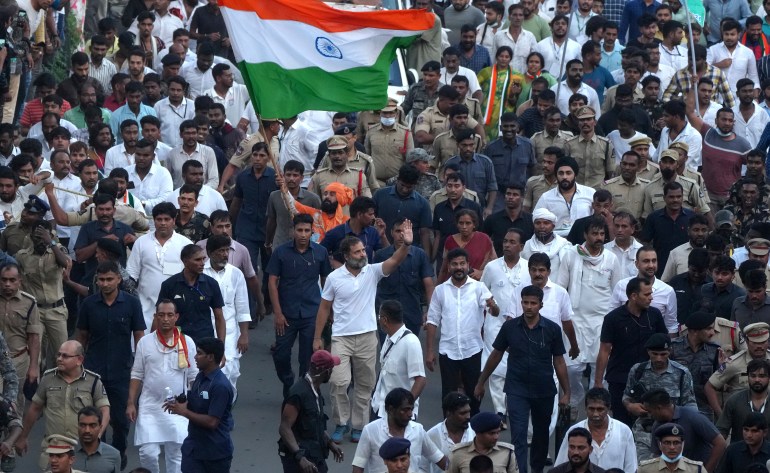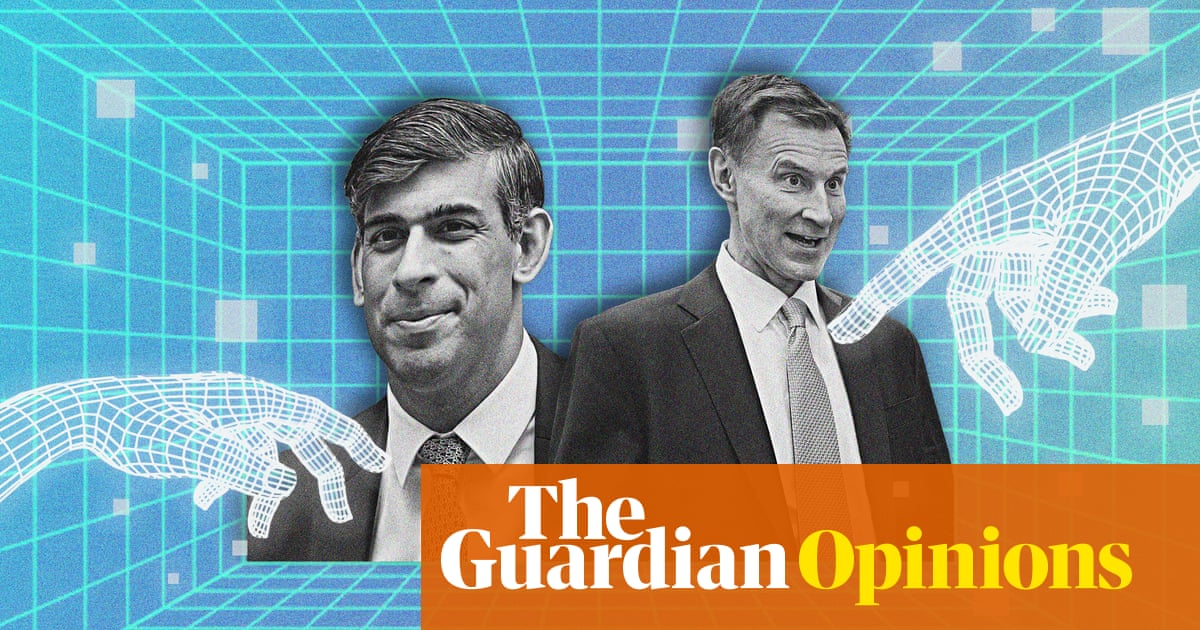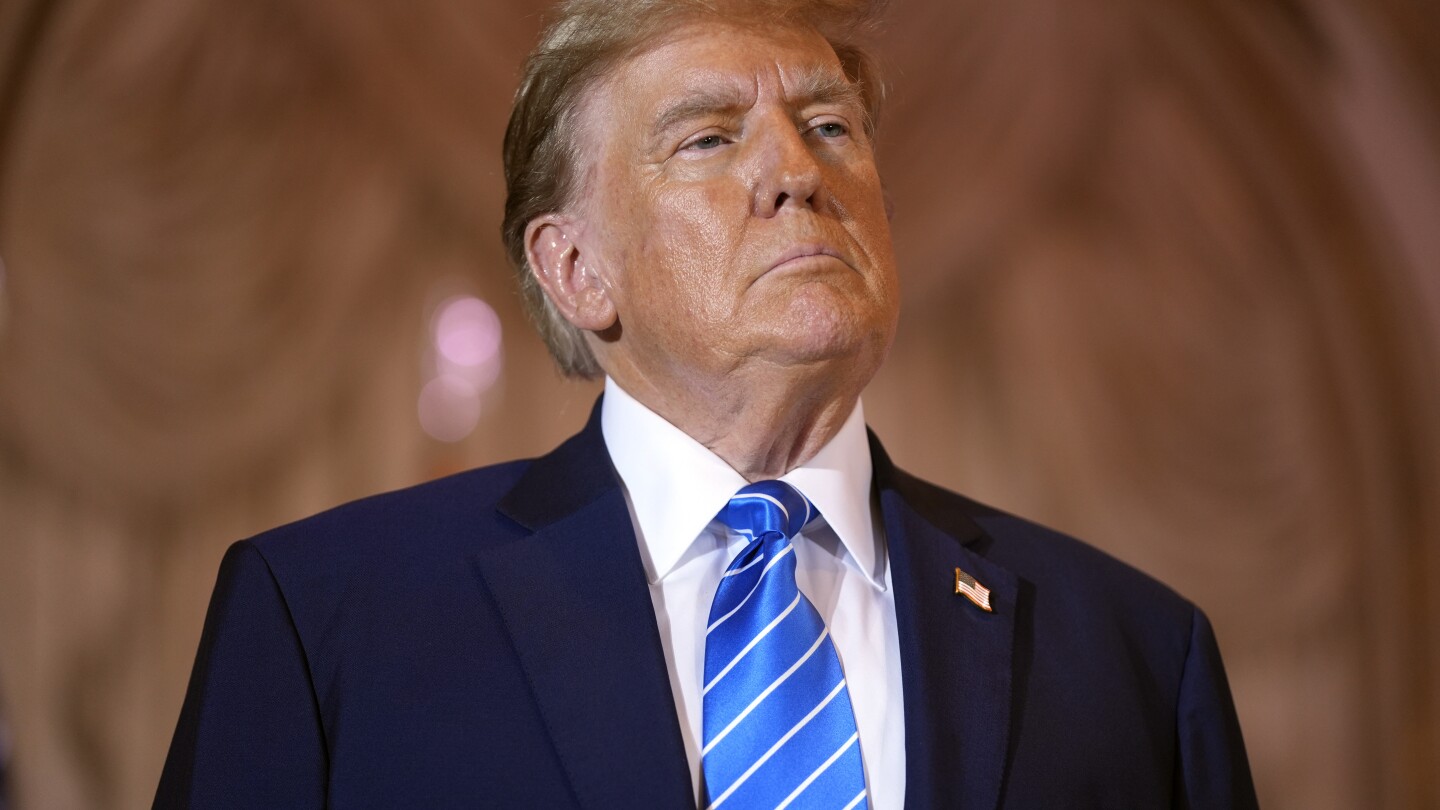Bengaluru, India – The Indian National Congress (INC), the primary opposition party in India, shared a video on Instagram on February 20 that parodied Prime Minister Narendra Modi. The video has garnered over 1.5 million views, featuring a segment from a new Hindi music album titled “Chor” (thief). In this clip, Modi’s image is humorously superimposed onto the lead singer, with the song’s lyrics playfully modified to depict a scenario where a business tycoon, portrayed as a thief, attempts to steal various assets, including coal mines, ports, and power lines, ultimately symbolizing the country itself being handed over.
The video, although not hyperrealistic, cleverly utilizes Modi’s voice and facial clones to emphasize the ongoing criticism regarding his close connections with Indian business magnates. This move marks a significant shift in the utilization of AI technology for political messaging by both the INC and the Bharatiya Janata Party (BJP).
On the same day, the BJP’s official Instagram account, boasting over seven million followers, shared its own video. This one-minute clip showcases Modi campaigning on the streets from atop his car, interspersed with real visuals of beneficiaries, set to the backdrop of an old patriotic Hindi song sung by the late Mahendra Kapoor, recreated using AI-generated vocals. The altered lyrics highlight Modi’s accomplishments over the past nine years, such as supporting farmers and enabling Indian scientists to achieve a moon landing.
While the use of AI in political content creation is not new, the recent exchange between the BJP and the INC signifies a shift towards integrating AI-crafted materials into official party communications without explicit disclosures. This trend underscores a novel approach to visual politics, fundamentally transforming the landscape of multimedia consumption during political campaigns, as noted by Joyojeet Pal, an associate professor at the University of Michigan.
As political parties continue to explore the boundaries of AI technology for messaging purposes, questions arise regarding the transparency and disclosure of AI utilization in political contexts. While Meta’s current guidelines mandate advertisers to disclose AI-edited political advertisements, similar provisions do not extend to political pages and accounts, raising concerns about the need for enhanced transparency in the dissemination of AI-enhanced political content.
The evolving landscape of AI-enhanced political communication underscores the necessity for platforms to enforce mandatory disclosure mechanisms for AI-altered content, particularly in audiovisual media, where distinguishing between authentic and manipulated content poses significant challenges. As the use of AI in political messaging evolves, the imperative for clear and transparent communication practices becomes increasingly vital to uphold the integrity and authenticity of public discourse.










